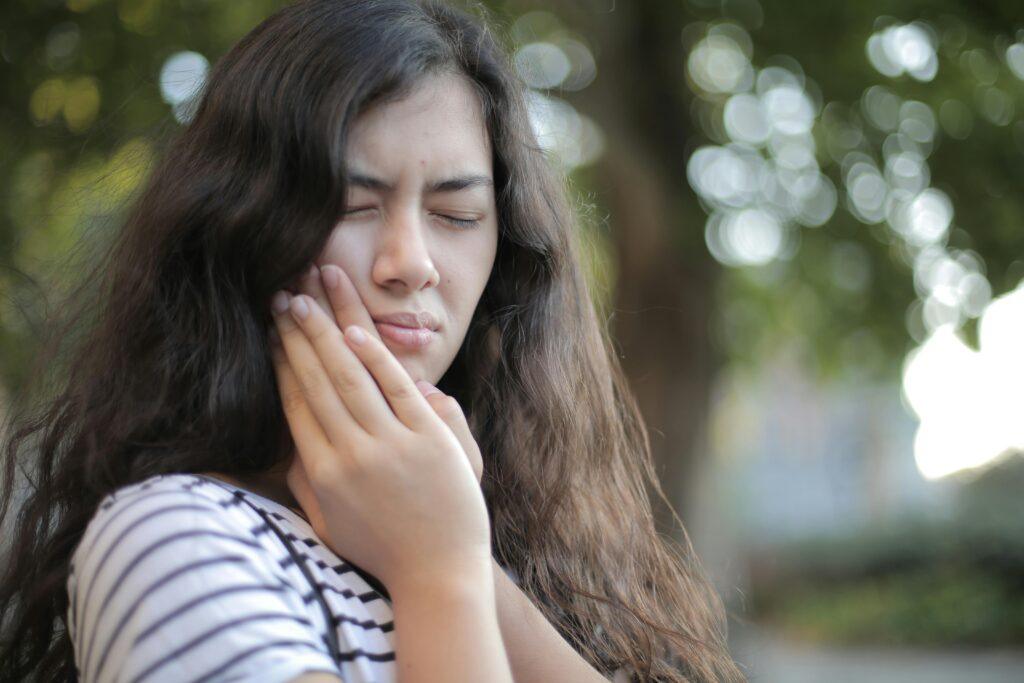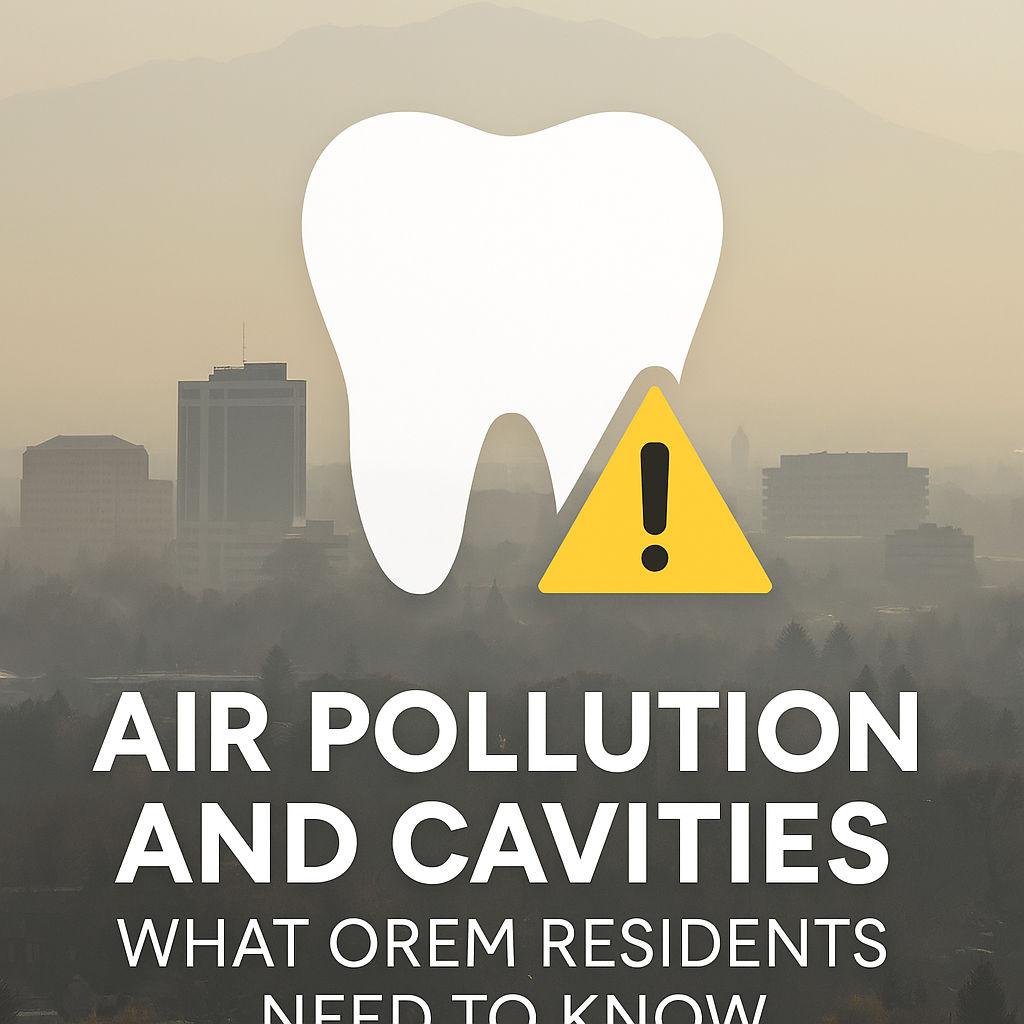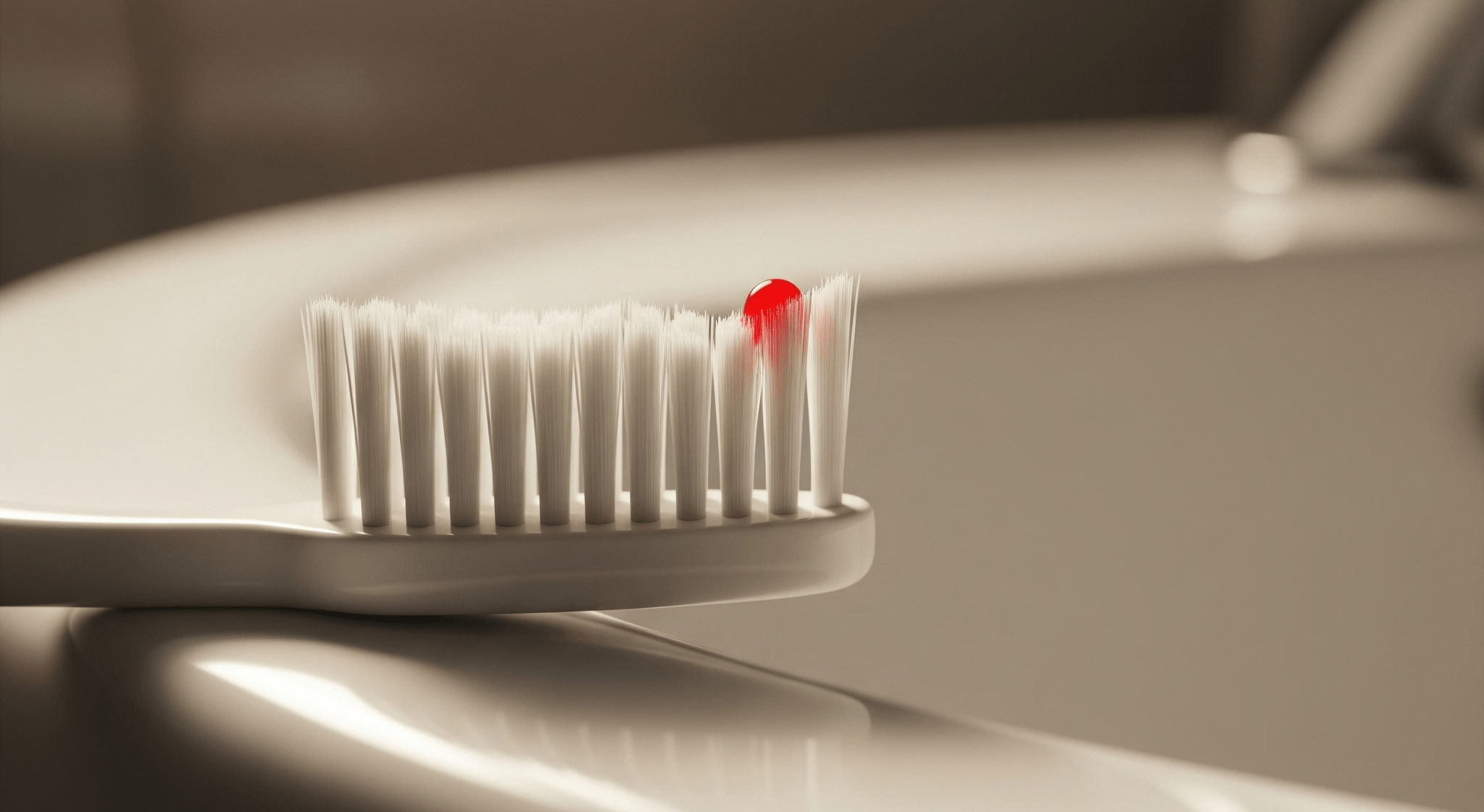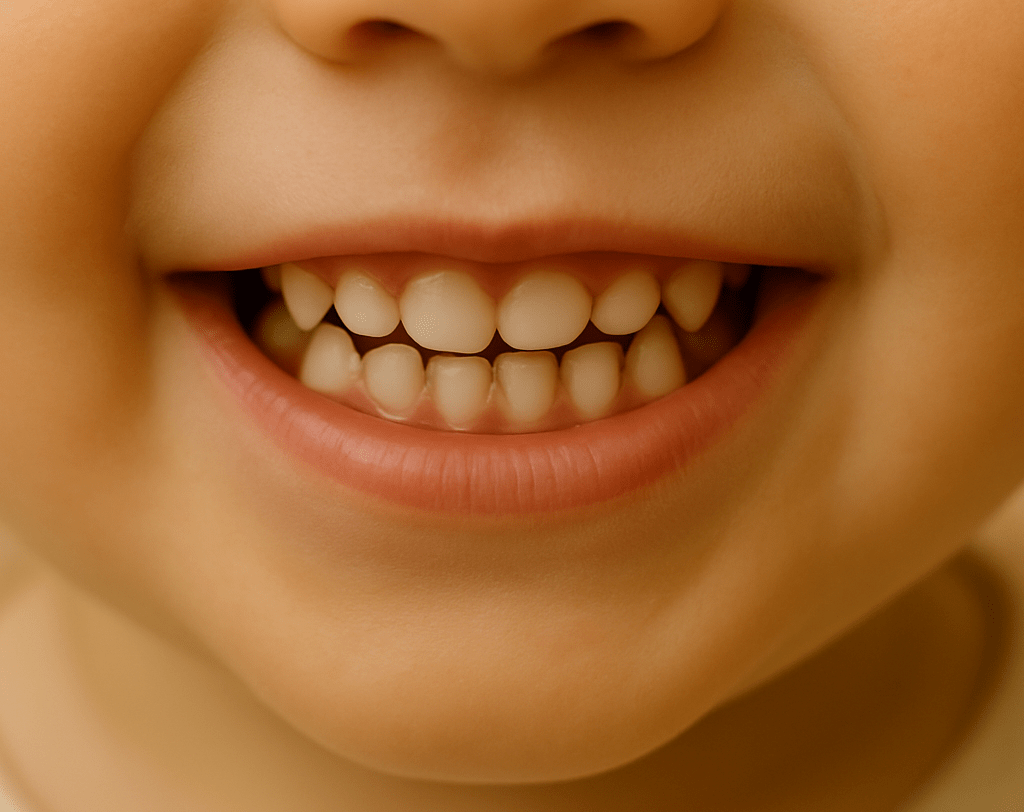Inversion Season: A Hidden Dental Danger?
If you’ve lived in Orem, Utah for any length of time, you’re probably familiar with inversion season—that chilly stretch of winter when pollution gets trapped over Utah Valley, clouding the air and filling the skyline with a hazy smog. But what if the effects of inversion went beyond your lungs?
Local experts at Canyon Gate Dental say there may be a less obvious—but equally concerning—impact: your oral health. Specifically, more cavities, weakened enamel, and inflamed gums.
What Is an Inversion and Why Does It Matter?
An inversion occurs when a layer of warm air traps colder air—and the pollution in it—close to the ground. This means that harmful pollutants like particulate matter (PM2.5) and nitrogen dioxide stay concentrated right where we breathe them.
But it’s not just a respiratory issue. Poor air quality in Orem Utah can affect every part of your body, including your dental health.
Utah Inversion Dental Effects: What the Research Suggests
Local dentists and national studies alike are starting to explore the connection between air pollution and oral health. Here’s what they’re seeing:
- Dry Mouth: Polluted air tends to be dry. Combined with winter heating, it leads to dehydration and reduced saliva production—your mouth’s first defense against cavity-causing bacteria.
- Inflamed Gums: Inhaling toxic pollutants has been linked to increased gum inflammation and periodontal disease, especially among children and seniors.
- Weakened Enamel: Some research suggests that acidic airborne particles may contribute to weakened tooth enamel over time.
These risks are elevated during inversion season in Utah, making regular dental care in Orem more important than ever.
How Pollution Increases Cavity Risk
Here are some of the top reasons pollution may be fueling cavity risk and tooth decay:
✅ Lower saliva production – Less saliva means more acidic buildup on your teeth.
✅ Increased bacterial activity – Pollution can alter the mouth’s natural microbiome.
✅ More mouth-breathing – People tend to breathe through their mouths during poor air quality, drying the oral tissues even further.
How to Protect Your Smile During Inversion Season
Here’s what Orem families can do to defend their teeth this winter:
- 🪥 Stay hydrated: Drink water regularly to keep your mouth moist.
- 🌬️ Use an air purifier at home: Reduce indoor exposure to pollutants.
- 🦷 Keep up with cleanings: Schedule regular dental exams in Orem at Canyon Gate Dental.
- 🛏️ Try a humidifier: Nighttime dryness is a real issue—especially for mouth breathers.
- 🍎 Avoid acidic snacks and drinks: These add to the enamel-eroding effect of pollution.
Why Orem Families Trust Canyon Gate Dental
With years of experience serving Utah families, Canyon Gate Dental understands the unique environmental challenges in our community—including how Orem’s inversion can affect both overall and oral health.
Whether it’s preventing cavities, managing dry mouth, or educating parents about pollution’s dental risks, our team is here to help your family smile brighter—even when the skies are gray.

Don’t Let Pollution Erode Your Smile
Inversion season in Utah might feel like something you just have to endure—but that doesn’t mean your oral health should suffer. Protect your smile with expert dental care in Orem from the team at Canyon Gate Dental.
📞 Ready to schedule a checkup? Contact Canyon Gate Dental today and keep your smile strong—no matter the season.
Frequently Asked Questions (FAQs)
Q: Can air pollution really cause cavities?
A: Not directly, but the effects of pollution—like dry mouth and inflammation—can increase your risk for cavities.
Q: Is dry mouth a serious problem?
A: Yes. Dry mouth in Orem is common during winter and inversion. Without enough saliva, your teeth are more vulnerable to decay.
Q: How often should I see a dentist during inversion season?
A: We recommend twice a year, but if you’re prone to dry mouth or gum issues, more frequent visits can help catch problems early.
Q: What’s the best way to reduce my risk at home?
A: Use a humidifier, stay hydrated, and limit acidic food and drink—especially during peak inversion days.
Q: Should kids be more careful during inversions?
A: Absolutely. Their developing teeth and gums can be especially sensitive to environmental changes. Make sure they’re brushing twice daily and drinking plenty of water.




